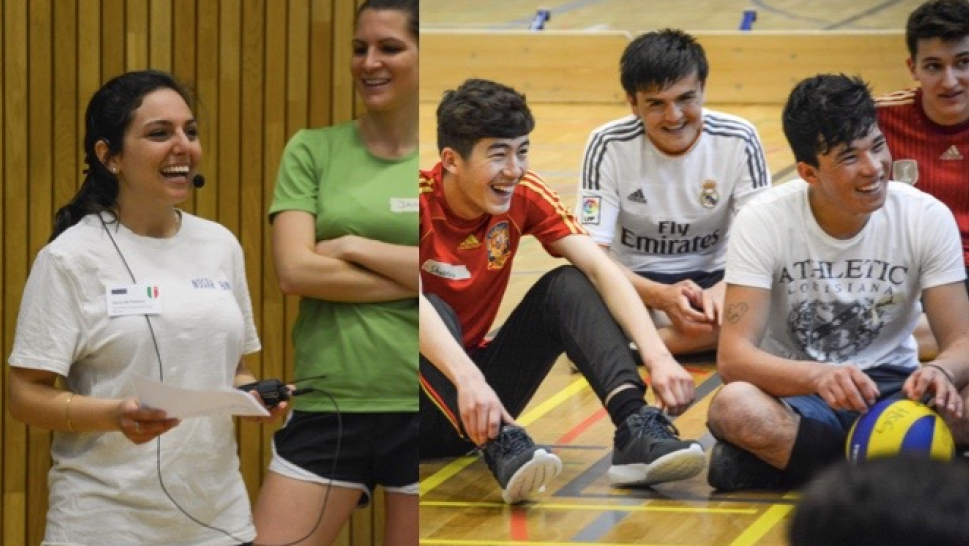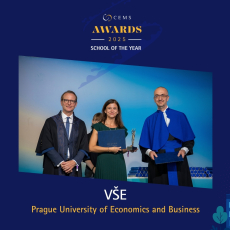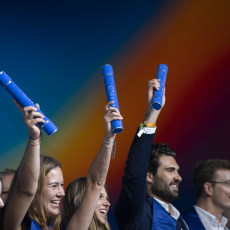1. How did you get the idea to do this activity?
Given the refugee crisis of this year, we thought about organizing an event at our university, in which we could involve refugees and have an impact in their lives even if just for one day.
We contacted the Task Force Migration from the University and they put us in contact with the Refugee Centre of Thurhof, where around 150 young refugees aged 13-17 years old lived. What we discovered immediately is that the kids loved playing sports. If they were not studying German during the week they would meet and play, but the structures of the refugee camp were not always the best.
So the idea came to organize a sport event in the beautiful sports hall of the university, like a tournament with mixed teams in order to have some refugees and some students from HSG and CEMS in each team. Everyone would have feel part of a team and work to achieve a common goal, but at the same time have a lot of fun.
2. What links do you see in what you're studying/learning with CEMS to this event?
At CEMS we learn from the very first day to live and work with international and very diverse people, we learn to be tolerant, open-minded and there is a strong spirit of helping people. CEMS students were assigned to mixed teams, they had to find ways to communicate to the young refugees (some of whom spoke little German or English), guide them to cooperate and win. They are the same dynamics that we find every day in our team projects and that we expect to encounter working with teams in the future.
3. How might participating or hosting events like this make you a better future leader?
As the organizers of the event, we were facing even more challenges but that for sure contributed to make us better future leaders. We were facing communication issues, trying to coordinate very diverse people across the teams, communicate with the centre, engage very different parties ( HSG students, CEMS students, young refugees, sponsors etc).
Succeeding in making announcements in front of everyone, trying to be understood by everyone and inspiring everyone with the values we wanted to transmit ( fun, love and respect, no competition) was for sure something that we will take with us. Another important element was that we had to coordinate the young refugees, help them understand what they were supposed to do and how to follow the rules. In order to do so, first they had to trust us. Showing them what we were doing for them, meeting them before at the center, really helped us in this. Nobody from the center came with them, so we had to establish ourselves as a voice of authority for them for the day.
4. Are there any future projects around this theme coming up?
We proposed to continue the tradition as CEMS Club St. Gallen and do something concrete with the young refugees in the next semesters, be it another sporting event or any other event in which students and refugees get together and do something together in teams. The idea is to establish a longer-term relationship with the center and organize new collaborative initiatives in the future. We will leave our Best Practices to the future CEMS Clubs leaders.
What we will do until the end of the semester is invite students to come with us to the center for Hausaufgabe Hilfe (Homework help) and support the kids in their learning.
One of the participants, Toby, had to say: “I wasn’t able to communicate with them in words, but the way they enjoyed playing sports and laughing was very inspiring. It showed me that you can do something for society wherever you are and with very simple actions”.




